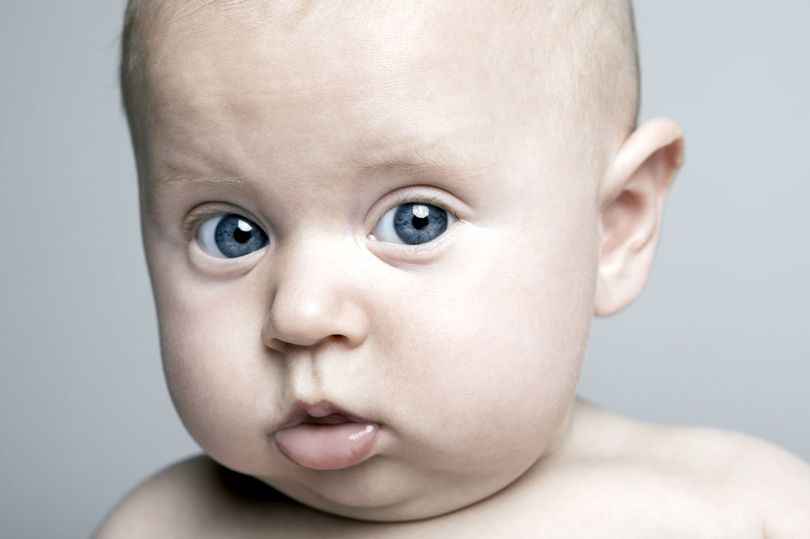From its early hesitant beginnings in the late 1970s with the first ‘test tube’ baby, Louise Brown, IVF has graduated to an accepted way of conceiving a baby for many couples.
But is there any difference in health risks between children born by IVF and those conceived naturally?
To try to answer this question, researchers at the University of Minnesota studied 276,000 children conceived by IVF and 2.2 million conceived naturally, over 10 years.
The conclusion is that babies born via IVF may have a slightly increased risk of childhood cancer. But hold on, the risk is very small and confined to rare liver tumours. Furthermore, these tumours are linked to parents’ fertility issues, not to the actual IVF technology. So they pre-exist any question marks over IVF itself.
This isn’t the first time health risks in IVF babies have been questioned.
Dr Logan Spector, who led this latest study, has published several reports pointing to increased health risks in babies born with assisted reproductive technologies such as IVF.
But the risks, particularly of childhood cancer, seemed to be banished by a 2013 UK study encompassing 106,013 IVF babies born between 1998 and 2008, where the researchers found no such association.
On other health issues, however, the evidence is less clear. Research suggests babies born via IVF have a higher risk of heart problems. But Spector’s team wanted to be able to give parents-to-be sound information and advice so they’ve been trying to clarify exactly where concerns about health risks in IVF babies arise.
“We found, at most, a small, marginally significant association between IVF and overall cancer in childhood,” the researchers wrote in the study, published in the Journal for the American Medical Association.
“We found no association of specific modes of IVF treatment or indication for IVF with overall cancer or embryonal tumours.”
So the upshot is that the researchers found no particular type of IVF, and there are many different ones, was tied to a particular embryo abnormality.
The only cancers they did see an increased risk of were hepatic (liver) tumours, which are linked to the parents’ infertility.
“Despite the large size of the study, these results do not definitively establish an association between IVF and embryonal tumours,” said researchers.
However, they insist that continued follow-up for cancer occurrence among children conceived via IVF is warranted to gather more data and hopefully clarify any risks.
If a couple are contemplating IVF and asked me how I’d advise them in the light of this new information, I’d say, “Go ahead” as the risk is so tiny.

